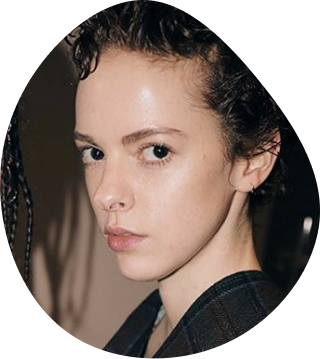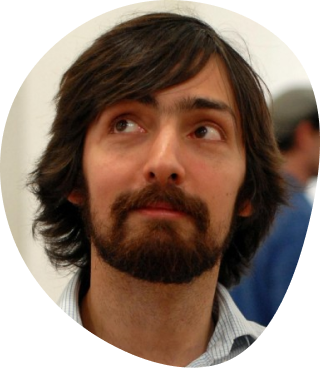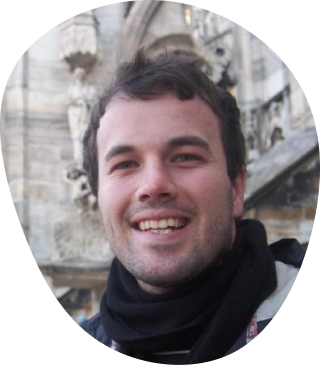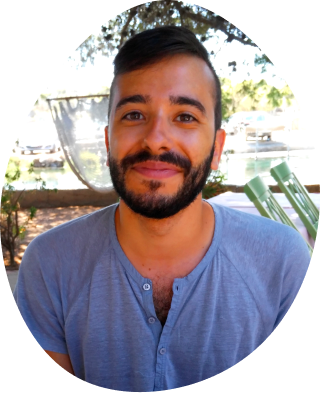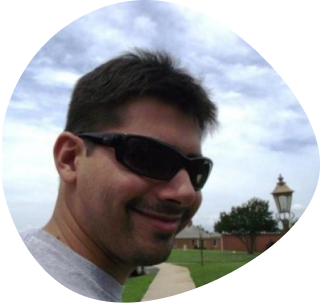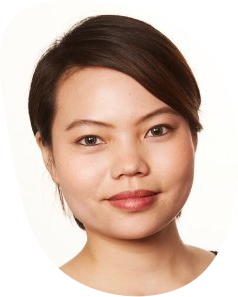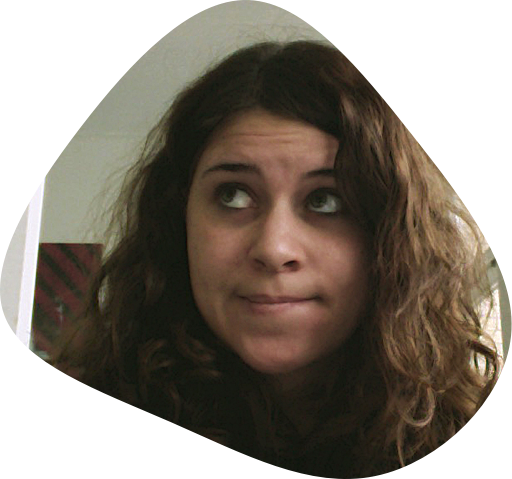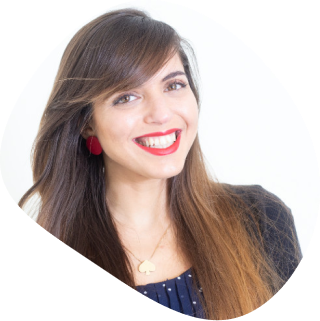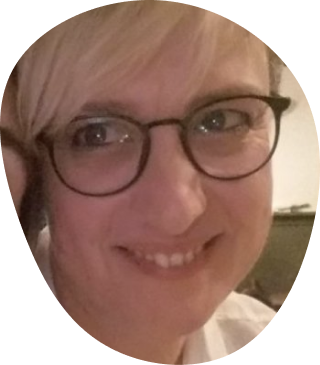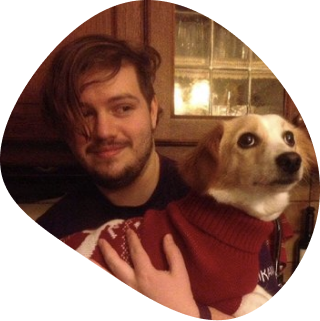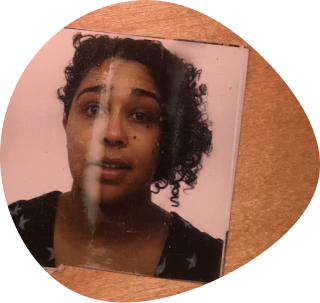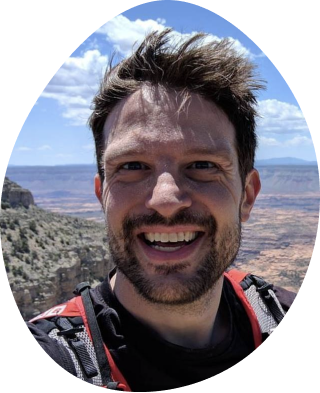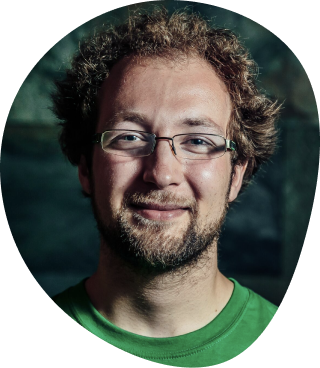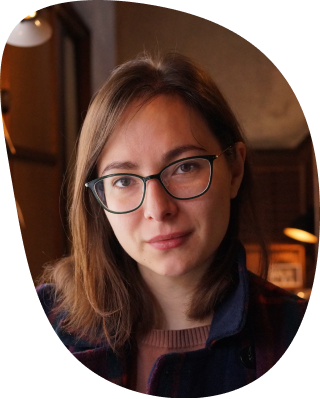
We're very excited to present the speakers below at Heart of Clojure 2019.
Neural networks view the world through the lense of their training data, just as people approach the world with unique viewpoints shaped by past experiences and knowledge. What happens when you apply a previous professional experience with Clojure to a current professional interest in fashion and try to learn about machine learning in the process; In this talk we’ll discuss the process, pitfalls, and pleasures of starting out in ML using Clojure in order to explore a completely different field.
About Chelsey: Chelsey is currently working full time in fashion, but in past iterations worked as a Clojure dev and in music. Her interests could be described as either well rounded or all over the place, so who knows what's next.
You might have heard stories about how bitcoin, or the internet itself, is responsible for an ever-growing share of global carbon emissions.
But did you know that just by switching AWS regions in the US, you can wipe out a huge chunk of the carbon footprint from running your tech infrastructure? Most people don't, and we need stuff like this to be common knowledge in our industry.
In this talk, you'll learn about the environmental impact of the digital products and services we build, how to measure it, and how to use skills you already have to make meaningful, measurable improvements to it.
About Chris: Chris Adams is an environmentally focussed tech generalist, spending the last ten years working in tech startups, large companies and government, as a user researcher, product manager, developer, sysadmin and UX-er. Based in Berlin, he currently builds open source tools, and publishes open datasets with the Green Web Foundation, to help others understand and reduce the environmental impact of digital products they build.
Open Source Software (OSS) has created enormous value for individuals and businesses. However the creators of that software often capture a tiny fraction of that value, and can end up tired, burnt out, or quitting the project entirely.
Clojurists Together is an organisation that supports critical OSS Clojure software. This talk will discuss different ways of funding OSS, the missing ‘open source middle-class’, why we don't buy an Enterprise Edition of a banana, the benefits of funding OSS for all parties, and some future directions for funding OSS that we think are promising.
About Daniel: Daniel Compton is the project leader of Clojurists Together, an organisation that is funding critical Clojure open source software. He's an administrator of Clojars, and maintains and contributes to many open source Clojure projects.
Have you ever wondered about how compilers work? I used to be scared of them. Big, complicated, magic programs. But they power our everyday lives and allow us to make the world a bit better with software. Oh, and it turns out there’s nothing magic to them.
In this talk we’ll wander in the land of parsers, typecheckers and normalizations. We’ll demonstrate that a compiler fits what Clojure is best at: transforming data. And we’ll live-code a small little compiler of our own in Clojure, for the simplest computation device we have: lambda calculus.
About Fabrizio: Fabrizio is a Software Engineer from Sardinia (Italy), currently helping good journalism with good functional programming at KSF Media in Helsinki, Finland. Lately he's into distributed systems, developer UX, and programming languages. In fact, he somehow ended up as a core contributor to the Dhall language. If you'd like to get him excited come talk and mention functional programming, fractals, electronic music, rockets, coffee or food.
Have you ever asked yourself how did you end up with a big ball of mud? It doesn't have to be like that. What's preventing us from using rapid prototyping techniques aligned with a MVP mindset during your daily coding? I want to show, based on hands-on experience, how we can build apps that are simple, maintainable and enjoyable to work on. We'll cover a few concepts ranging from DDD, hexagonal architecture, accidental vs essential complexity to the MVP mindset. By building a practical example in Clojure, we will understand concepts, once abstract, turn into reality for your next project.
About Jivago: Jivago is a developer at Equal Experts interested in learning all sort of trades in order to deliver great products. For the past 5 years he's been using Clojure (and other languages) in order to grow products from scratch and revamp legacy systems. He's been using Clojure on projects ranging from web apps, instant payment platforms to data analysis. However, he truly believes nothing compares with the joy in the REPL. When he's not programming, you'll find him playing soccer or drinking beer.
You are not your code. Repeat after me. "I am not my code!"
There is more to work than coding and there is more to teamwork than code review. In this talk, we will ask each other the hard questions about what it means to be a software developer and how to effectively work with people of varying genders, ethnicities, geographies, beliefs, and abilities.
This talk aims to open our hearts beyond Clojure. We must develop empathy to grow as developers.
About Lily: Lily is a passionate frontend developer and a fan of functional programming. She is a partner at a small software consultancy, (paren). Nothing pains her more than seeing buggy UI & bad UX.
Come with us now, on a journey through trigonometry and oscillation, to the world of the fragment shader

One of the things Clojure is known for is its usage in creative coding, most notably live coding music. But what about visuals? Let us venture into the world of creative coding with fragment shaders and see for ourselves! Finally a use case for some of the math you learnt in school! And of course, there is some Clojure involved.
About Lisa: Lisa is a full stack web dev who is exploring video games and creative coding in her free time. She has no hobbies that don't involve a computer.
This talk will discuss how Clojure/script was used by a small team to create advanced drafting software for lawyers. It will first outline how lawyers currently draft contracts, and why this is a primarily manual process that has been almost resistant to real automation. It will then describe why Clojure/script was chosen, how its proclaimed benefits turned out in practice, and how Clojure/script was instrumental in transforming the software from a rough idea into a demo and then actual product. The talk concludes with pitfalls encountered and honest lessons learned.
About Maarten: Maarten is a former IT lawyer, who used to work in a global international law firm and then as inhouse legal counsel in the financial sector. As a lawyer, he is specialised in data protection law, technology legislation and drafting licensing and outsourcing agreements. Displeased with the repetitive tasks involved in drafting complex legal documents, he created a startup (ClauseBase) that develops innovative contract drafting software.
Who said games aren’t educational?
Learning a new language on your own is never easy, and you often find yourself stuck and frustrated. This is why I went back to what was familiar, in this case, a simple Java game I programmed, to help learn and better my understanding of coding in Clojure. In my talk I will present how I applied familiar concepts, searched for similarities and leveraged shared libraries in the process of re-coding a 2D Java game into Clojure. I will present enough code examples so by the end of this talk you won’t know how to win Pac-Man but you’ll be able to write it in Clojure
About Mey: Software Engineer by day, Hackathons hacker by night; Mey is a public speaker, a Backend Developer, and a Software Engineering graduate. When she is not spending her weekends at hackathons, she experiments with algorithms OR learns languages such as Russian, French & Clojure. Mey is also a sworn star wars fan. May the force be with you.
When Rachel started using Drupal, she thought she knew what opensource was all about; the code. Through the last twelve years as a member of the community, a contributor, a mentor and eventually Community Liaison for the Drupal Association, she has learned that, actually, great code is only a tiny part of what makes a great project.
Fundamentally, all open source projects are about people; those that create the code, those that help other to understand and use it, those that encourage its use and those that keep all these people working effectively together.
She will take a whole series of assumptions that she has herself made or observed others expressing during that time and look at what lessons she has learned that made her realise things are quite different.
Learning from these lessons has shaped how she approaches her work and she hopes those lessons are useful to others (and maybe she will learn a few more lessons, too!)
About Rachel: Rachel Lawson is the Community Liaison at the Drupal Association, providing a contact between Drupal community members worldwide and the Drupal Association which is the non-profit at the heart of supporting the project with technical, fundraising, community and product marketing resources and leadership.
Rachel has been fortunate to take a wonderfully varied route to this position; starting her career not in tech at all but teaching fencing. Taking the jump into tech via a teaching post, she has worked in the defence, finance and pharmaceutical sectors before finally discovering Drupal and becoming a full-time web developer.
Realising that the best way to improve her career in opensource is always to “get involved”, she became a contributor to the Drupal project and found herself moving naturally into mentoring others to contribute.
In 2017, Rachel joined the Drupal project’s Community Working Group, helping community members to resolve differences and abide by the Code of Conduct. This led eventually to her taking the new role of Community Liaison at the Drupal Assiciation.
Kids have this magical ability to take something you think you understand well and turn it upside down by challenging norms.
Teaching has been an extraordinary turning point for me. You can take the lessons learned from it and turn them into skills. Everyone can benefit from teaching!
About Ramón: Ramón Huidobro is a chilean kids’ coding instructor and freelance software dev. He likes to introduce people to coding more than he enjoys coding itself. If you want pointless Nintendo trivia, look no further than Ramón! You’ll probably find him at a lot of conferences and has been told he has a distinctive laugh, so he’s easy to spot, especially when wearing a onesie.
Sometimes we use code for work. Sometimes we use code for art. Sometimes we use code to generate art live — while our friends work it. La Habra is a Clojurescript based framework that helps me do the latter, while embracing both retro graphics and imperfection. Let's look at the framework and then code some graphics — live!
About Sarah: Sarah Groff Hennigh-Palermo is a digital artist and programmer. She creates geometric sketches and films and sometimes performs live as Codie’s visualist — most often using La Habra, a framework she wrote with Clojurescript. Sarah is an alumna of the School for Poetic Computation and Recurse Center, and has taken part in group shows at Sonar+D, Westbeth, Day for Night, and Flux Factory. Sarah currently works as a senior front-end engineer at Gitlab.
Resiliency is the ability to recover from failures and continue to function. It is not about avoiding failures but accepting the fact that failures will happen and responding to them in a way that avoids downtime or data loss. The goal of resiliency is to return the application to a fully functioning state after a failure. In this talk we will take a look at some of the solutions, libraries, and implementation approaches available to the Clojure ecosystem for building resilient applications.
About Tiago: Tiago Luchini’s passion is bridging software development and business together via successful digital products. In his 22 years of experience he has personally shipped more than 40 digital products and has ramped up global teams responsible for planning, development and releasing hundreds of digital products.
In the development world most people are striving for technical excellence: better code, faster run times, more convenient interfaces, better databases… But is that really what helps us create better software?
In the end software development is done by groups of people creating products together. To do that communication and collaboration are essential. You can be the best programmer ever, but if you can’t efficiently work with others what good does it do you?
This talk will introduce you to relevant, easy to grasp concepts of collaboration and communication as well as give you food for thought.
About Tobias: Tobi is a clean coder, Full Stack developer, Benchmarker by passion, Rubyist, Elixir fan, learner, teacher and agile crafter by passion. He organizes the Ruby User Group Berlin, maintains Shoes and benchee as well as contributing to a variety of projects while thinking about new ideas to put into code and push boundaries. He loves collaboratively creating just about anything people enjoy. Most of all he's a human though.
Have you ever tried to simply look at something? To take in the colors and shapes, and nothing more? It's not as easy as it sounds. We tend to instantly interpret what we're seeing, to apply labels, categories, identifiers; a level of symbolic interpretation. This helps us to make sense of the world, but it can prevent us from seeing what's really there. Similarly, in a programming setting, we might find ourselves searching fruitlessly for a bug, only to realize it was in front of us all along.
Our mental state predisposes us to behave in certain ways. But what if that mental state was just a tool, much like a paint brush? To explore uncharted territory or discover the unexpected we need different modes of thinking. This talk will explore these different modes of thinking, how they apply to arts, engineering, and how to practice seeing things differently.
About Yulia: A former professional painter, Yulia Startsev now works for Mozilla on the Firefox DevTools, and is part of the TC39 committee which standardizes ECMAScript (JavaScript). She is currently based in Berlin, where she enjoys fine teas, video games, and working on the future of the free and open web.
